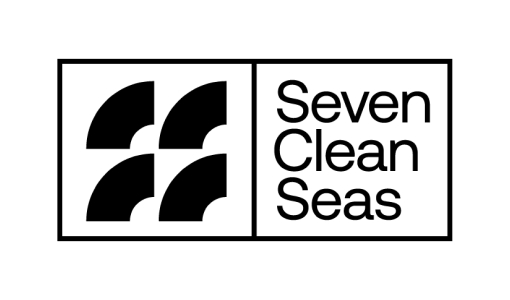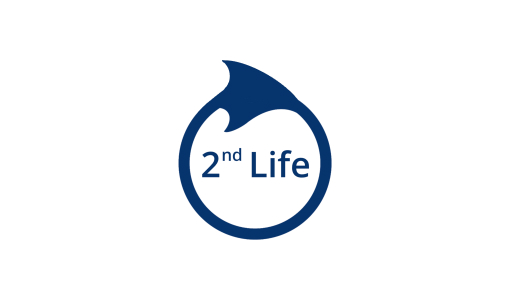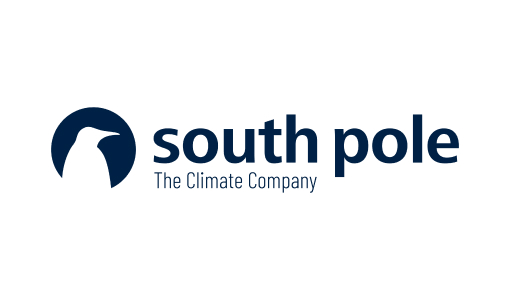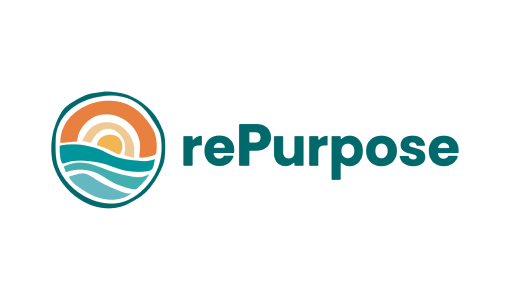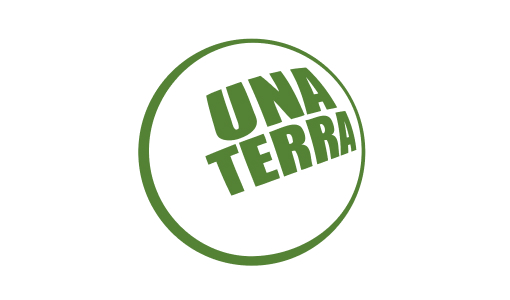For 2025, Plastic Overshoot Day lands on
September 5th
Sept. 5th
Plastic… is… everywhere
And its presence in our daily lives is becoming more and more visible — not just through pollution in our environment, but also in our bodies. As research on plastic advances, new studies reveal the far-reaching consequences of plastic pollution, including the presence of microplastics in human blood, lungs, and even placentas, and the health risks posed by plastic additives and chemical exposure. The impacts of plastic production, consumption, and disposal on climate, biodiversity, and human well-being are coming into sharper focus.
However, Plastic Overshoot Day focuses on one key issue: waste mismanagement. While plastic pollution is a multi-dimensional crisis, this report specifically examines how much plastic waste is being generated and whether existing waste management systems can properly handle it.
Every year, there is a point when the amount of plastic waste surpasses the world’s ability to manage it effectively. That day is Plastic Overshoot Day — and in 2025, it will fall on September 5th.
It’s time for action
The findings underscore the urgency for systemic change. Governments, businesses, and individuals must work together to reduce plastic waste, improve waste management infrastructure, and transition towards circular solutions that prevent plastic from becoming pollution in the first place. Plastic Overshoot Day is a warning signal. But it is also an opportunity to rethink how we produce, consume, and manage plastic, and to take action before the crisis worsens.
In 2025, a staggering 31.9% of plastic that is produced and used is mismanaged as waste, thus likely to end up in the Earth’s air, water or soil. This means
tons of additional plastic waste will end up in nature this year.
Every country has its own Plastic Overshoot Day! Explore the Details for Your Country
A country’s overshoot day incorporates the amount of waste generated by the population and how well the waste is managed.
The story of a country’s Plastic Overshoot Day is built upon 1) the amount of plastic waste the population generates 2) how well plastic is managed when it becomes waste 3) how much plastic waste the country exports 4) how much plastic waste the country imports
Contribution to Plastic Overshoot Day by country
Each country contributes to a portion of the 117 days of plastic overshoot that will occur in 2025. Countries contribute in different proportions according to the total amount of plastic waste they mismanage, with this amount then translated into a number of days.
Is it getting better or worse?
Since 2021, Plastic Overshoot Day has been pushed a little closer to December every year by a few days, indicating a slight improvement in global waste management.
However, there has been a consistent rise in global plastic waste generation. Therefore, despite an improvement in plastic waste management practices, the overall quantity of mismanaged plastic waste remains more or less unchanged.
Methodology
EA is a research consultancy uniting strong scientific research with meaningful analysis and actionable recommendations to empower individuals and organizations working on pressing environmental issues. A key tenet of EA’s philosophy and commitment to support collective problem-solving is transparency.
The Plastic Overshoot Day is estimated and published annually. Revisions to calculations and scope may occur between yearly publications due to improved data and new findings taking place over time. Therefore, for consistency with the latest reported data and scientific understanding, Overshoot dates for past years are recalculated in every new publication, ensuring each year’s metrics share a common dataset and calculation methods. Values may be readjusted compared to previous communications. Consequently, we advise readers to consistently consult the latest Plastic Overshoot Day publication for reliable comparisons. Relying on media reports from past years may yield inaccurate conclusions.
Check out a detailed description about Plastic Overshoot Day in the expanded methodology.
Country Profiles
Plastic Overshoot Day aims to offer insights into interventions that countries can use to reduce overall plastic waste and in particular, mitigate mismanaged plastic waste, therefore prolonging their overshoot date.
While recognizing that each country has unique realities related to plastic pollution – including plastic usage levels, waste management infrastructure, and relevant policies – Plastic Overshoot Day looked to establish categories so that countries could be profiled and relevant and meaningful solutions could be presented and explored.
Recommendations
The UN Plastic Treaty represents a once-in-a-lifetime opportunity to spark global action against plastic pollution. However, to achieve this, the treaty must be adequately scoped, negotiated, ratified, and enforced with high ambition. Anything less is simply not an option.
To this end, the following must happen:
Recommendation 1
Global plastic production must be capped and gradually reduced.
Despite current pledges and waste management capacity increases, planned production increases will lead to plastic pollution almost doubling by 2040. This trajectory is unacceptable, and production capacity capping is necessary to reduce plastic pollution over time.
Recommendation 2
Plastics not designed for circular use must be phased out.
Circular economy solutions, when applied at scale, can reduce annual volumes of plastic pollution by at least 80% by 2040 compared to business-as-usual.
Recommendation 3
To ensure global participation, innovative finance and capacity-building are essential for developing and implementing national legislation and action plans.
Outcome-based financial mechanisms should be embraced by businesses and governments. These modalities incentivize measurable reductions and bridge the funding gap hindering progress on plastic pollution mitigation efforts.
Recommendation 4
Governments and businesses must be held accountable through mandatory disclosure and reporting.
Businesses, for instance, must shift from disclosing their input of waste (e.g., “100% of our plastics are recyclable”) to disclosing their output of waste and its fate (e.g., “27% of our plastic is mismanaged and ends up in the environment”).
Recommendation 5
Global North countries that export their waste to Global South countries must be held accountable for supporting infrastructure development in importing countries by at least the volume they export annually.
Behind Plastic Overshoot Day
EA For Impact is a Swiss non-profit association dedicated to advancing research and multi-stakeholder initiatives that drive systemic environmental change. We identify and address key sustainability knowledge gaps by developing science-based methodologies and producing open-access research to empower decision-makers.
Funded by EA Earth Action SA and philanthropic contributions, EA For Impact fosters collaboration between NGOs, policymakers, and experts. Through initiatives like Plastic Overshoot Day, the Plastic Footprint Network, Swiss Plastic Action, and Swiss Climate Action, we equip stakeholders with the insights and tools needed to tackle global sustainability challenges. Plastic Overshoot Day is a natural extension of EA For Impact’s extensive research and publications in the plastics field. It is built upon the methodology of Plasteax, the pioneering database offering comprehensive plastic waste management data at both country and polymer-specific levels. As with all EA For Impact initiatives, Plastic Overshoot Day is committed to transparency, raising awareness about plastic pollution, and driving sustainable solutions to address a pressing global challenge.
Scope for better impact
Partners
We express our sincere gratitude to our esteemed partners for their invaluable support and unwavering dedication to the Plastic Overshoot Day initiative, exemplifying a profound commitment to combatting plastic pollution and fostering a more sustainable future.
The team behind Plastic Overshoot Day is grateful to the Global Footprint Network and their Earth Overshoot Day initiative, an inspiring example for establishing understandable benchmarks and empowering global citizens to better conceptualize the environmental challenges affecting our planet.
Voices on Plastic Overshoot Day report 2025
Sarah Perreard, Co-CEO at Earth Action & Plastic Footprint Network:
“The findings are unequivocal; improvements in waste management capacity are outpaced by rising plastic production, making progress almost invisible. The assumption that recycling and waste management capacity will solve the plastics crisis is flawed.
The 2024 Plastic Overshoot Day report can serve both as a testament to our current trajectory and as a blueprint for necessary action. The decisions made today will echo through ecosystems and economies for generations. Ahead of UN Plastic Treaty negotiations in Ottawa, we call for a steadfast pursuit of science-driven, robust global policy that matches the scale of the plastic pollution problem. Let 2024 be the year we pivot to a trajectory that embraces reduction, ensuring the legacy we leave is not one buried in plastic.”
Sian Sutherland, Co-Founder, A Plastic Planet & Plastic Health Council:
“After scientists ringing the alarm for decades it is now evident for all to see that plastic pollution has set humanity on the road to ecological and humanitarian disaster.
We have a narrow window of opportunity this year to create a global Plastics Treaty that will protect not only our ocean, our air, our soil but our own children. The question for every government now is this – will you negotiate a Treaty to protect the health of your people; or will you negotiate a Treaty to protect the profits of the fossil fuel industry? Viable solutions are already available at scale, giving us materials and systems that work in harmony with nature, not against it.
Professor Terry Collins, Teresa Heinz Professor and Director of the Institute for Green Science at Carnegie Mellon University:
“EA Earth Action’s superb Plastic Overshoot Day report for 2024 offers a special lens through which to view how different countries are balancing their relationships between plastic production and plastic waste management.
It reveals the many objective limitations of the national and international balancing acts to better illuminate that our global civilisation will never inveigle its way out of plastic overshoot by following what the industry is asking for; a strategy of expanded waste management. The Report gets it right: plastic production and use must shrink as the most important pathway toward a sustainable future.”
Dr Jane Muncke, CEO and Chief Scientist, Food Packaging Forum and Plastic Health Council:
“The findings of this year’s Plastic Overshoot Day report further demonstrate the dire need for strong global legislation that places the health of the planet and its people at its core.
“Without the wholesale reduction of plastic production, the shift away from single use consumption, and stringent testing of the chemicals used in the plastic, we are bound to see Plastic Overshoot Day repeat year after year with growing consequence for us all.”
Support
Thank you for supporting Plastic Overshoot Day, an initiative by EA For impact, a not-for-profit organization. Your contribution will go towards further development of empowering materials that can be used by all those working towards action and dissemination of recommendations to effectively reduce plastic pollution around the globe.
By bank transfer:
Association EA ECCO
Ch. des vignes d’argent 7
1004 Lausanne Suisse
Suisse
BIC: POFICHBEXXX
IBAN: CH26 0900 0000 1465 1129 1
In payment communication, please mention “donation for Plastic Overshoot Day”
More info by email:
contact@plasticovershoot.earth
By Paypal:
Subscribe to the newsletter:





